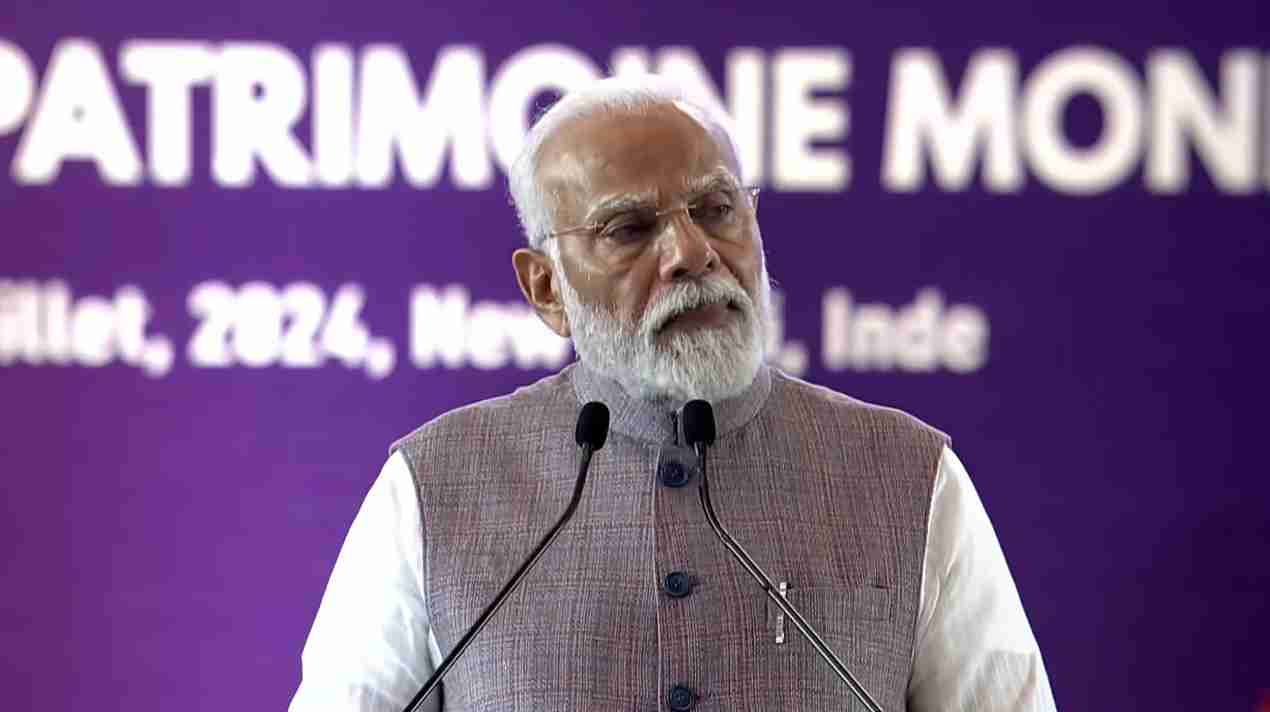Prime Minister Narendra Modi delivered a compelling address at the opening ceremony of the 46th Session of the World Heritage Committee, urging a comprehensive reevaluation of India’s ancient history amidst new archaeological discoveries and advancements in historical research.
In his keynote speech, PM Modi emphasized India’s deep-rooted and expansive civilization, challenging conventional timelines. “India’s history and civilization extend far beyond conventional knowledge, necessitating a fresh perspective as new facts and scientific verifications emerge,” he articulated. PM Modi underscored the significance of recent archaeological findings in Sinauli, Uttar Pradesh, which have unveiled significant aspects of ancient Indian heritage and technological prowess.
“The discoveries at Sinauli provide profound insights into India’s ancient past,” PM Modi asserted. He highlighted the importance of integrating these discoveries into global historical narratives to accurately depict India’s rich cultural heritage and its contributions to global civilization.
The World Heritage Committee session serves as a crucial platform for international dialogue on the preservation and promotion of cultural and natural heritage sites globally. PM Modi’s address resonated strongly with participants, emphasizing the need for scholarly rigor and interdisciplinary approaches to uncovering and preserving ancient civilizations.
“India’s ancient history is a testament to human innovation and cultural continuity,” PM Modi remarked. He called for collaborative efforts among nations to enhance understanding and appreciation of global cultural diversity while ensuring the sustainable preservation of heritage sites.
Throughout the session, delegates will engage in discussions aimed at strengthening international cooperation in heritage conservation and promoting sustainable tourism practices. PM Modi expressed confidence that through shared efforts and scientific inquiry, nations can collectively enrich global understanding of cultural heritage and historical legacies.



